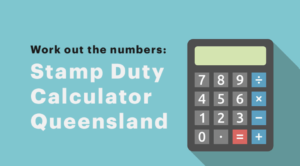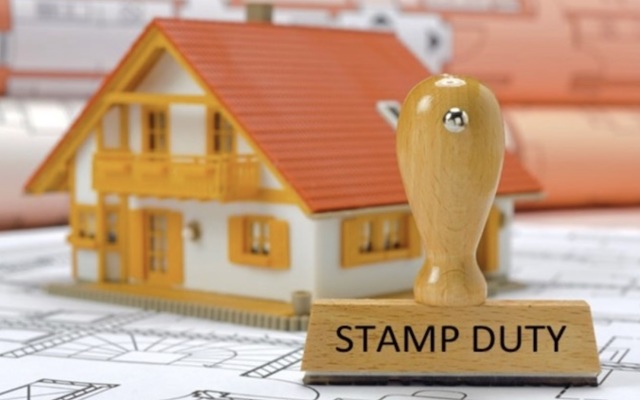
Step-by-Step Conveyancing Process Guide
Buying a new home is an exciting milestone in anyone’s life. It’s a chance to start fresh and create new memories. However, the conveyancing process can be intimidating and stressful, especially if it’s your first time. But don’t worry, we are here to help you navigate through this complex process smoothly. In this article, we will walk you through the conveyancing process step by step, providing you with all the information you need to make informed decisions and enjoy a stress-free home buying experience.
Step 1: Choose Your Conveyancer
The first step in the conveyancing process is to choose your conveyancer. A conveyancer is a licensed professional who specializes in property law and can guide you through the legal aspects of buying a home. Here are some things to consider when choosing a conveyancer:
• Choose a licensed and experienced conveyancer who has a good reputation in the industry.
• Make sure your conveyancer is a member of a professional body such as the Law Society or the Council for Licensed Conveyancers.
• Check their fees and make sure they are transparent about their costs.
• Consider their location and availability. You want someone who is easily accessible and can respond to your queries promptly.
Step 2: Conduct Property Searches
Once you have chosen your conveyancer, the next step is to conduct property searches. Property searches are necessary to uncover any potential issues with the property that could affect your decision to buy or the price you’re willing to pay. Speak with your conveyancer, this can be done after your contract has been exchanged.
The searches typically include:
• Local authority searches – this will reveal any planning permissions or building regulations affecting the property, as well as any proposed developments in the area.
• Water and drainage searches – this will confirm if the property is connected to the mains water and sewerage system, or if it has its own private supply.
• Environmental searches – this will reveal any potential environmental hazards in the area, such as contaminated land or flood risks.
• Chancel repair liability search – this will confirm whether the property is liable for the repair and maintenance of the local church.
Step 3: Review the Contract
Once the property searches are completed, your conveyancer will review the contract and highlight any potential issues that need to be addressed. The contract will include important details such as the purchase price, deposit, completion date, and any special conditions or requirements. Your conveyancer will ensure that everything is in order and that you fully understand the terms of the contract before you sign it.
Step 4: Exchange Contracts
Once you’re satisfied with the contract, it’s time to exchange contracts. This is a legally binding agreement between you and the seller, and it involves paying a deposit (usually 10% of the purchase price) to the seller’s conveyancer. At this stage, you and the seller agree to complete the sale on a specific date, known as the completion date.
Step 5: Completion
On the completion date, the balance of the purchase price is paid to the seller’s conveyancer, and the keys to the property are handed over to you. Your conveyancer will register the transfer of ownership with the Land Registry and ensure that all necessary payments are made, including Stamp Duty, Land Tax.
FAQs:
Q: How long does the conveyancing process take?
A: The conveyancing process typically takes between 4-12 weeks, but it can vary depending on the complexity of the transaction and any issues that arise during the process.
Q: Do I need a conveyancer
A: Absolutely! Buying a new home is a big decision, and you want to make sure that you have someone by your side who can guide you through the legal aspects of the process. A conveyancer is a licensed professional who specializes in property law and can help you navigate through the complexities of the conveyancing process. Whilst legally you can chose to complete the conveyancing, not having the expert knowledge and understanding of the property act could cause costly mistakes. They can ensure that everything is in order, and that you fully understand the terms of the contract before you sign it. With a conveyancer on your side, you can have peace of mind knowing that your home purchase is in good hands. Don’t hesitate to reach out to a conveyancer today and let them help you achieve your dream of owning a home.
This is general advice only. For specific legal advice please speak directly with your legal representative.




